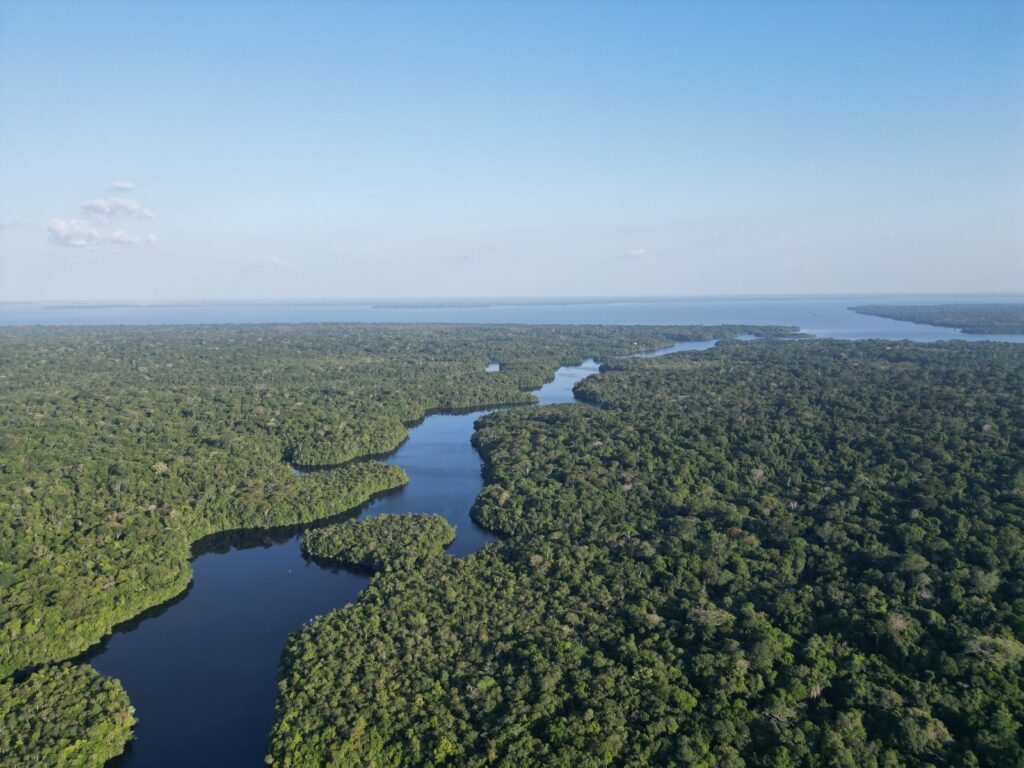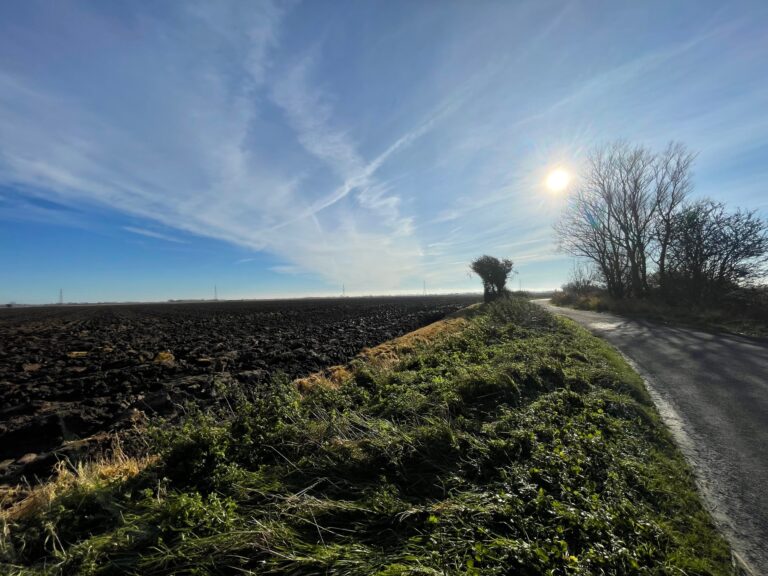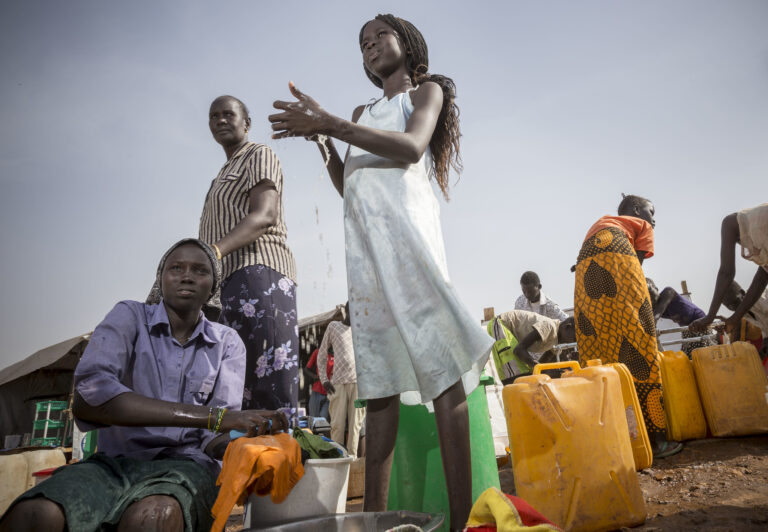Rainforests may be able to adapt to warmer and drier conditions resulting from climate change by losing their biggest trees, according to the findings of a 22-year-long study in the north-eastern region of the Brazilian Amazon.
Researchers from the University of Edinburgh and the Federal University of Pará, in Brazil, published the results last month. The paper’s lead author, Pablo Sanchez Martinez, described them as “a bittersweet result”.
“You have the forest not losing all its biomass and collapsing, so that’s good news, but you also have one-third of the biomass being lost,” he said. So “at the end of the day, that is lots of carbon [released] to the atmosphere.”
To study the impact of climate change on Amazonian rainforests, researchers installed thousands of transparent panels above ground in one hectare of the Caxiuanã forest, to redirect part of the rainfall and simulate drought.
They found that 15 years into the experiment, most of the largest of the 352 trees they were monitoring had died, allowing more water to be available for the surviving trees. Those trees had stood up to 50m tall.
But “we don’t know if the trees that survived are going to reach those large sizes in the future,” Martinez said.




Last year, Brazil’s national agency for monitoring natural disasters announced the country was experiencing the worst drought in 70 years.
While the 2023 El Niño phenomenon contributed to reduced precipitation, an analysis published by the World Weather Attribution group in January 2024 suggested the severity of the drought is “largely driven by climate change”.
Martinez said human-made deforestation and fires are making things worse because “the water that the forest was moving from the soil to the atmosphere is not being moved anymore,” leading to decreased rainfall.
This has already impacted the local communities living by the rivers, known as rivereñas, who depend on the waterways for transportation, Martinez said.
The rivereñas worked with the researchers to maintain the panels and to collect data. “Without them, it would have been impossible.”




